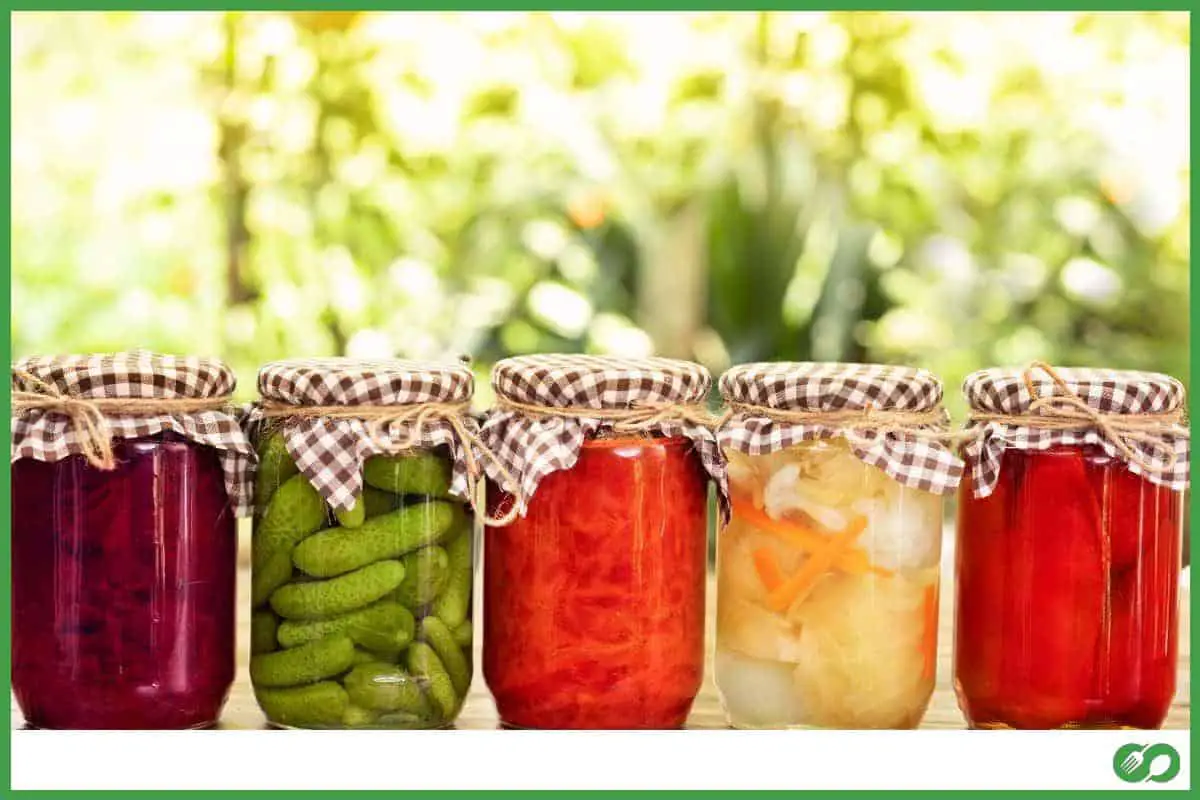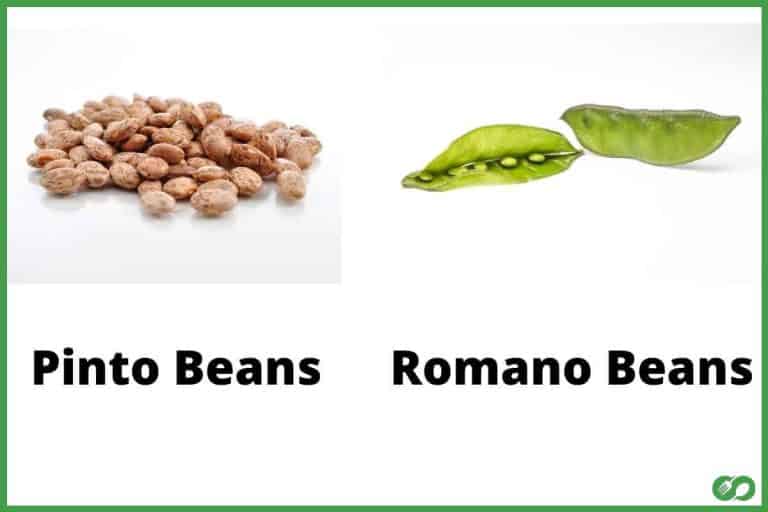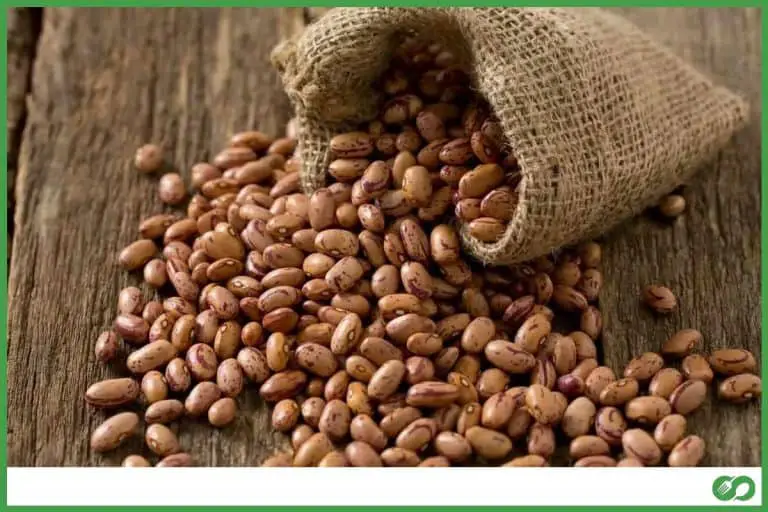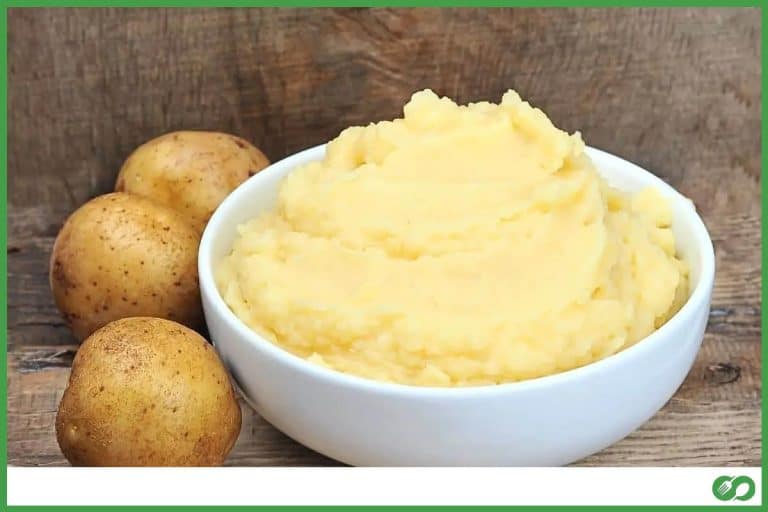What Do Fermented Vegetables Taste Like?
This post may contain affiliate links which means that, if you choose to make a purchase, I may earn a small commission at no extra cost to you.
Fermented veggies are a delicacy that many people are unfamiliar with. They’ve been around for a long time and can be found in various cuisines. If you’ve never tried fermented vegetables before, you might be wondering what they taste like. These veggies have a distinct flavor and taste, as well as a multitude of health benefits.
The process of fermenting vegetables can completely change the original taste of the vegetable. Generally, fermented vegetables taste tangy with a bit of an added note of savory. The signature tang of the vegetables is what everybody loves about fermented vegetables. The taste may also vary depending on the type of vegetable.
Not many of us are familiar with the process of fermenting vegetables. For someone who has never done it before, it can be challenging. So, you must have all the necessary knowledge about it before you give it a go!
The Taste Of Fermented Vegetables
The taste of fermented vegetables is usually tangy and savory. This taste may vary depending on the time and process of fermentation. In addition, the type of vegetable you are fermenting will also affect the overall taste of the fermented vegetable. However, the signature taste of the vegetable should be tangy, a little savory, and somewhat salty.
Fermented vegetables taste differently depending on various correlated factors. The taste of the vegetables will highly depend on the fermentation process you are following. One of the most popular methods of fermenting your vegetables is Lacto-Fermentation.
If you are new to this craft, I would highly suggest using this process. Your vegetables will get the best flavors in addition to the signature tanginess from fermentation. Apart from that, you can prepare the vegetables in a simple and easy-to-follow process.
Across various cuisines and ethnicities, fermented vegetables are a popular dish. You may not have heard of it or seen this dish in the food stores. I usually get mine from the Asian spice stores near me. You can get the fermented vegetables from such stores or look for them in the Asian aisle of the superstores near you. If not, you can make your own.
One of the biggest advantages of the taste of fermented vegetables is that you can further cook them according to your preferences. Usually, when you ferment vegetables, their natural taste of them changes majorly during the fermentation process. When I ferment my turnip or radishes, the earthy flavor of the vegetable gets changed with a tangy and salty taste.
As a result, if you want to add a different dimension to the traditional ways of cooking vegetables, fermenting them is the way for you. I recommend following a selected recipe thoroughly if you are fermenting your vegetables for the first time. After fermenting them, you can use them in other dishes to add a unique flavor and exceptional richness of their own.
Which Fermented Vegetables Taste Best
Multiple varieties of vegetables can be fermented and stored for a long time. The most popular vegetables that taste the best after fermentation include cabbage, beets, tomatoes, carrots, jalapeños, hot peppers, cauliflowers, etc. You can ferment them individually or mix a few of them together for a mixed fermentation.
To the people planning to start fermenting their vegetables for the first time, I recommend fermenting them individually and not mixing them. In this way, you can test each vegetable separately. This will enable you to discover the taste of the fermented vegetables separately. So, you can choose for yourself which one you like the best.
One important thing to note is that the taste of the vegetables will change depending on how much time you keep them fermented. This happens because the fermenting brine turns acidic over time. So, the longer you ferment it, the different its taste becomes. Hence, make sure to keep tasting the vegetables from time to time.
Another critical step I would recommend you to carry out is paying attention to the proportions and sizes of the vegetables. Naturally, more giant vegetables or whole pieces like cucumber will take much longer to ferment and reach the preferred texture or flavor. In contrast, small vegetables like relish or sauerkraut will take less time comparatively.
To sum it up, there are varieties of vegetables that taste excellent when they are fermented. However, the best-tasting fermented vegetables will differ from one person to the other according to their preference. So, make sure to check out the fermented vegetables individually before mixing them together to understand their unique flavors and texture.
What Vegetables Should Not Be Fermented
In general, you can ferment just about any vegetable. Fermenting vegetables is not subject to any restrictions. Leafy greens, such as kale, arugula, spinach, and others, on the other hand, are disliked by most people due to their high chlorophyll concentration. The leaves can quickly soften up and diffuse in many cases. So, you might want to avoid fermenting them.
Green leaves like celery, lettuce, and similar hardened variants are best for fermenting. You can ferment them for a long time. The taste will come out great, and you will get that signature tanginess from these vegetables.
But many green leafy vegetables contain a high chlorophyll content. Fermenting them for a long time loses not only the taste but also the probiotics. It is better if you avoid fermenting vegetables with high chlorophyll content.
Other than this, feel free to ferment any vegetable to your liking. It is not only an effective way to preserve vegetables for a longer time. You can eat your favorite vegetables in the off-season. At the same time, you will also get a unique flavor, richness, and texture by fermenting the vegetables.
Health Benefits of Fermented Vegetables
Fermented vegetables have numerous health benefits. They are full of probiotics and are good for the microbiota, for starters. It is a great source of nutrients for you. The process of fermentation increases the nutritional value of food. It also increases the enzyme concentration present in the vegetables. So, it provides a wide range of health benefits.
Many of us are unaware of how good fermented vegetables are for our bodies. Our bodies digest them more easily than raw vegetables. By fermenting the vegetables, several toxic substances present in them can be neutralized.
In contrast to canned vegetables, fermented vegetables actually retain all their nutritional value and vitamin contents. They are full of probiotics which are essential and great for our bodies. Fermenting vegetables can also prove to increase their nutritional value.
During the process of fermentation, the vegetables generate various essential nutrients that are vital for the body. The list includes vitamins such as vitamin C, vitamin B complex, and vitamin K. The bacteria enable the large molecules to break down. So, nutrients are released in the process, which our bodies can easily absorb.
Studies have shown that fermented vegetables allow our bodies to absorb iron and zinc in a comparatively more accessible way. Lacto-fermentation of vegetables releases important nutrients like protein, vitamins, antioxidants, and amino acids.
They play a significant role in the overall health and functioning of our bodies. Our body’s defense mechanisms and processes become enhanced in this way.
Fermented vegetables provide important health benefits to our bodies. They not only taste great but are also a great source of the essential nutrients and vitamins that are vital for our bodies.








